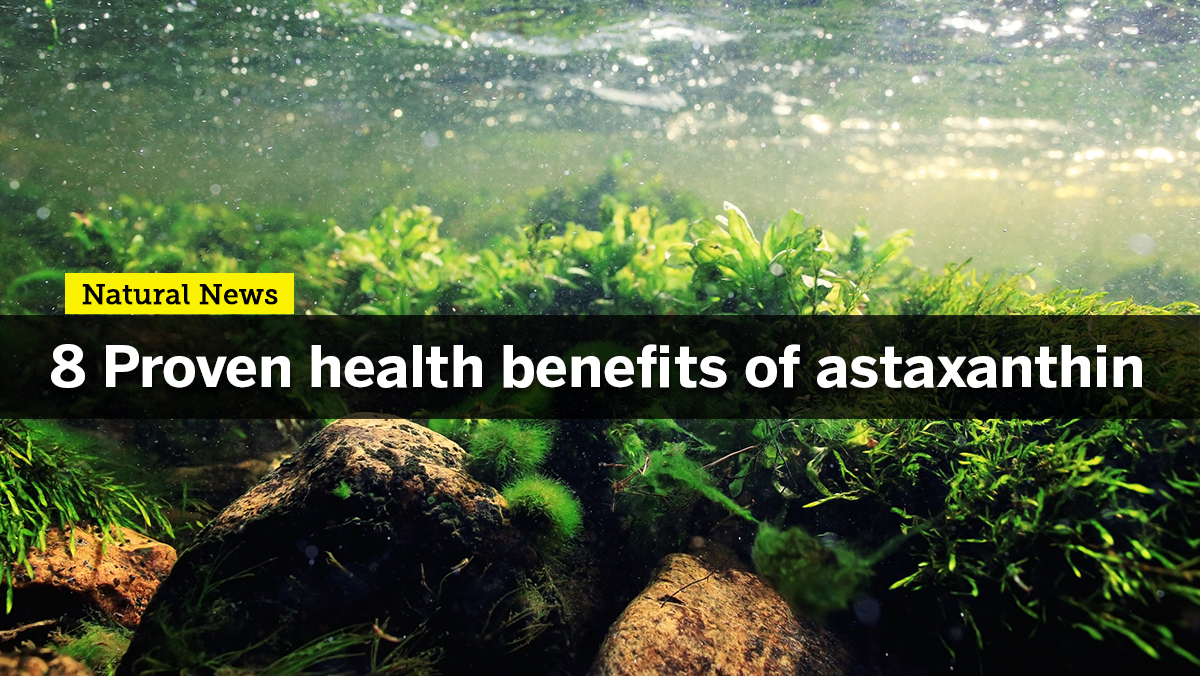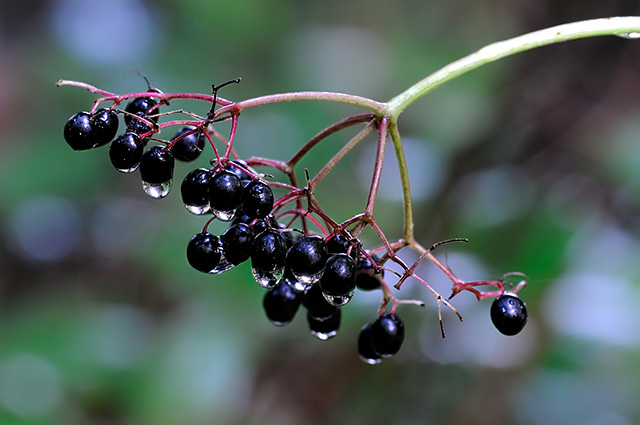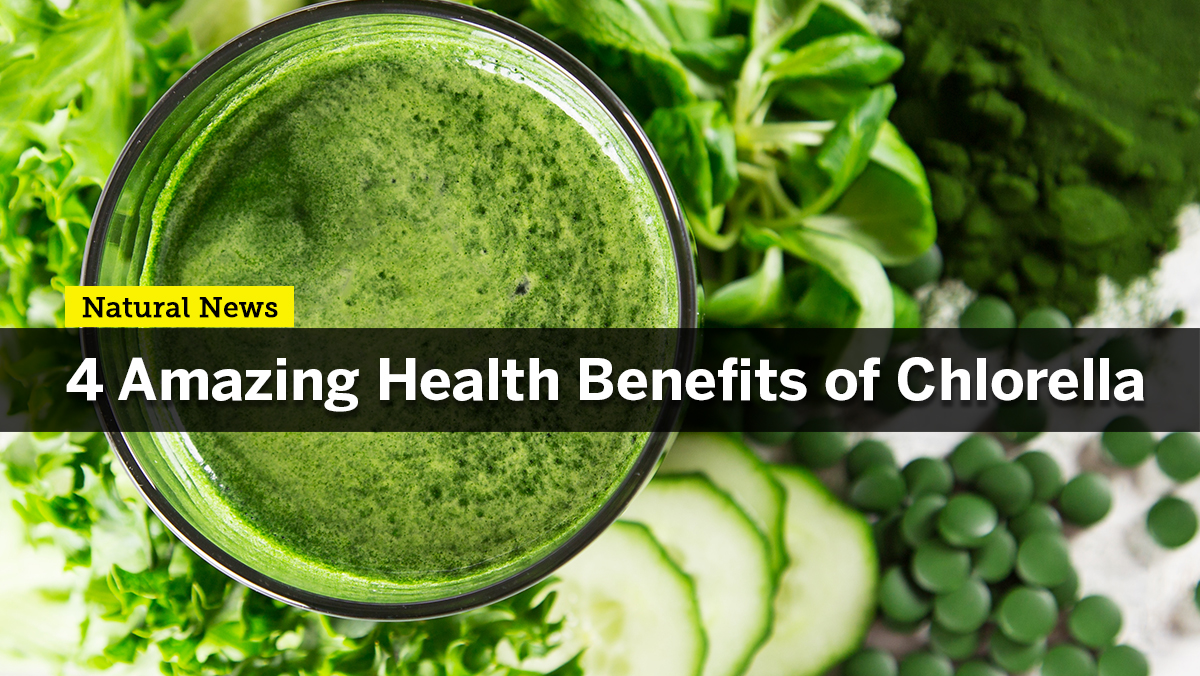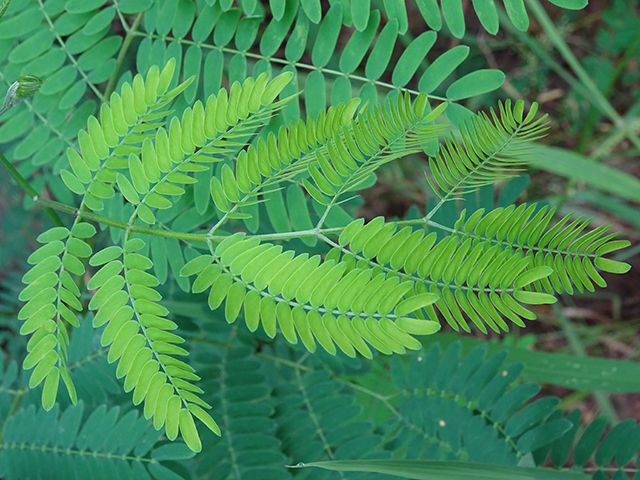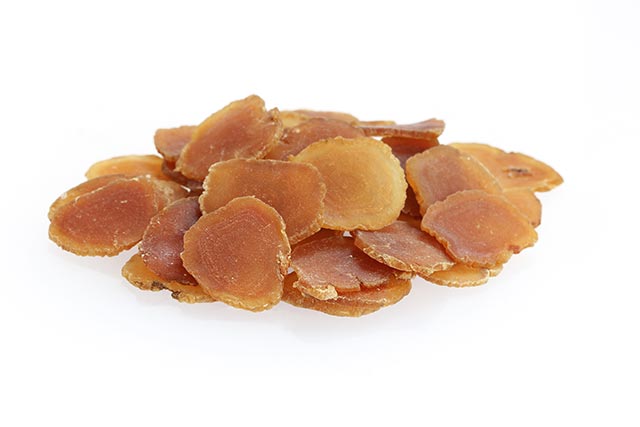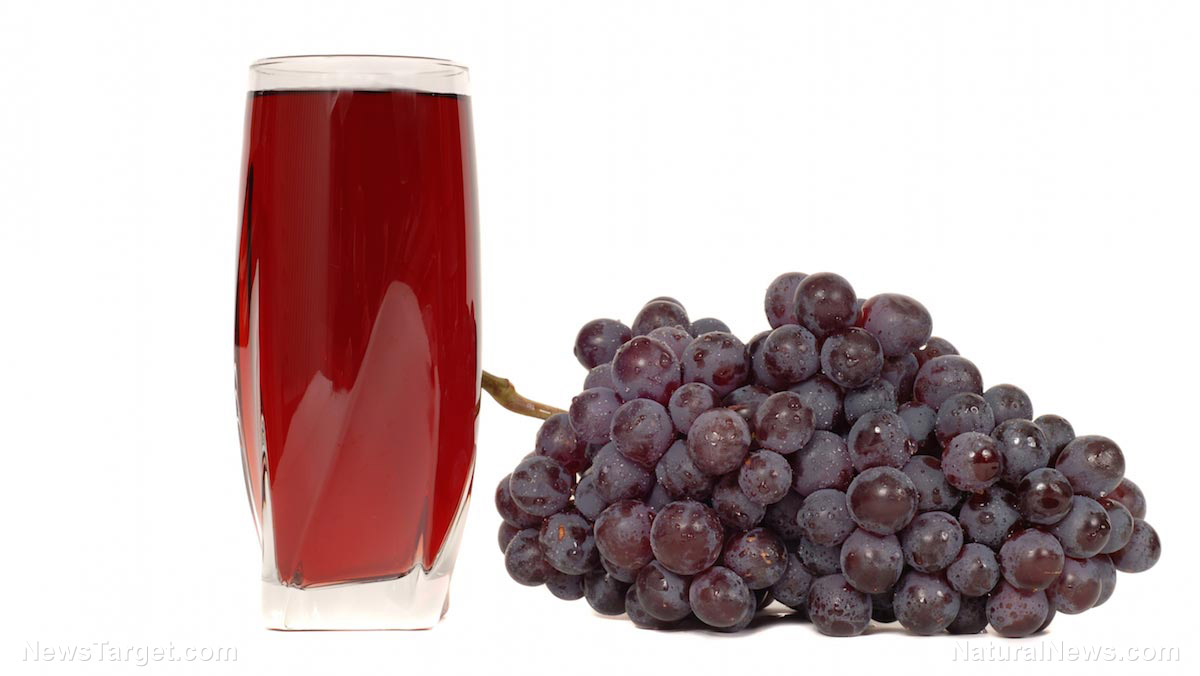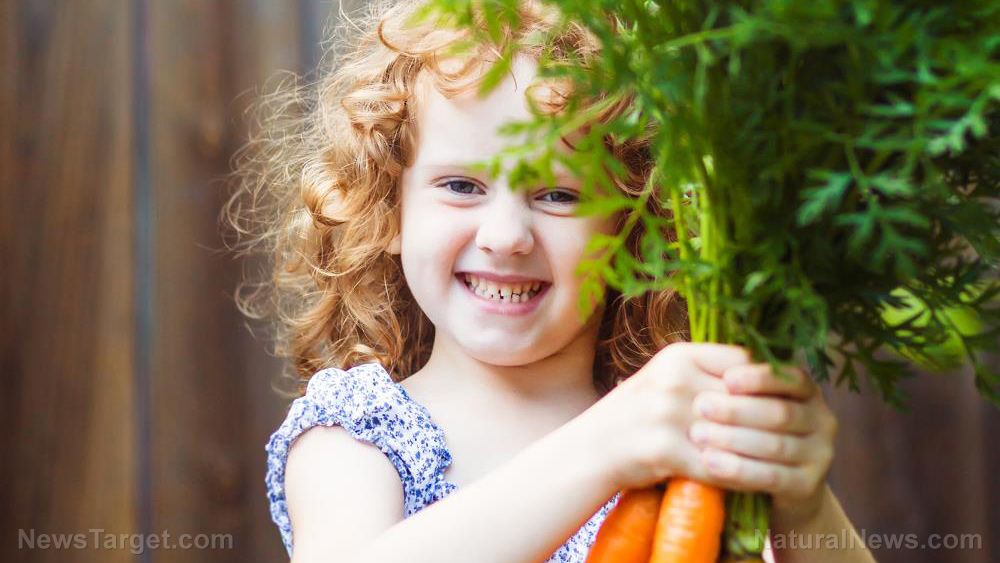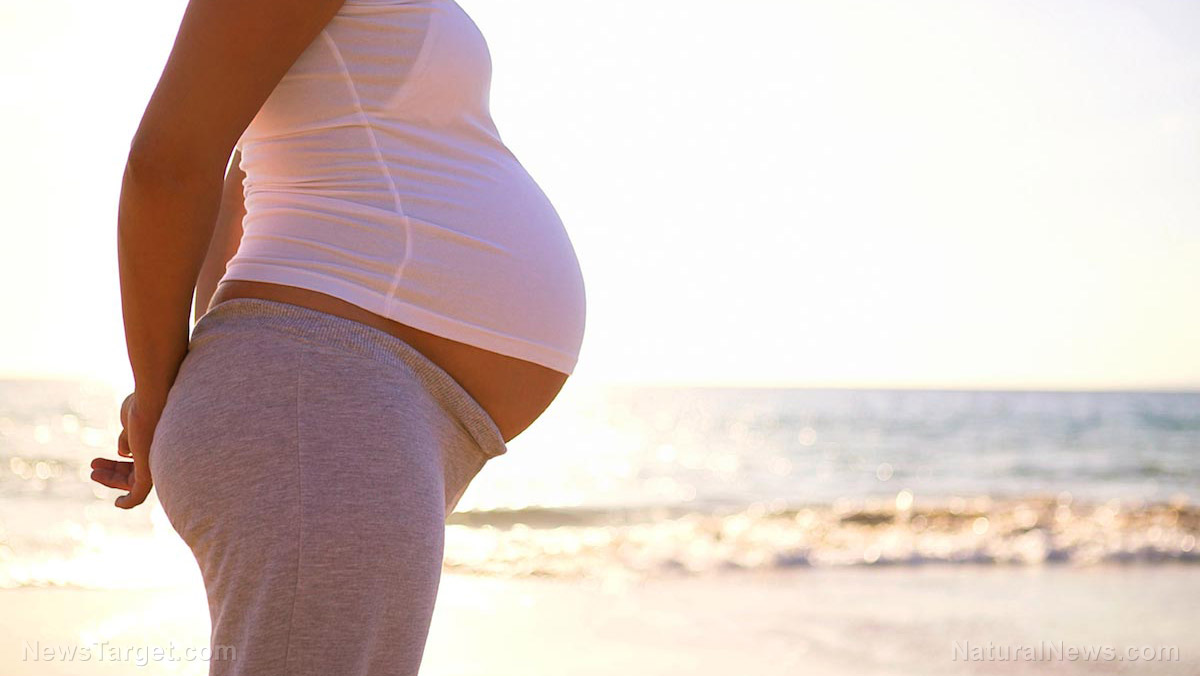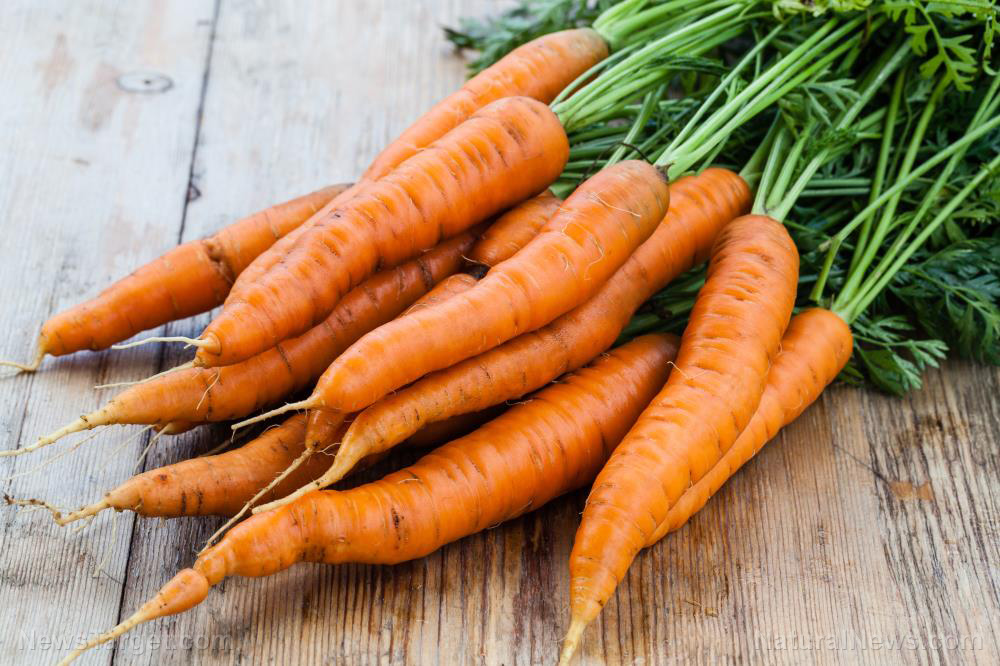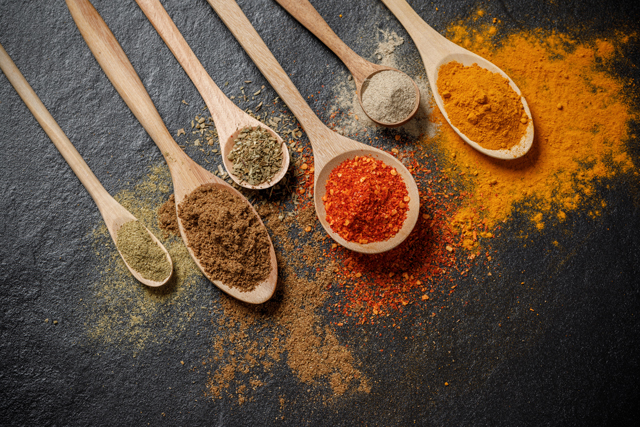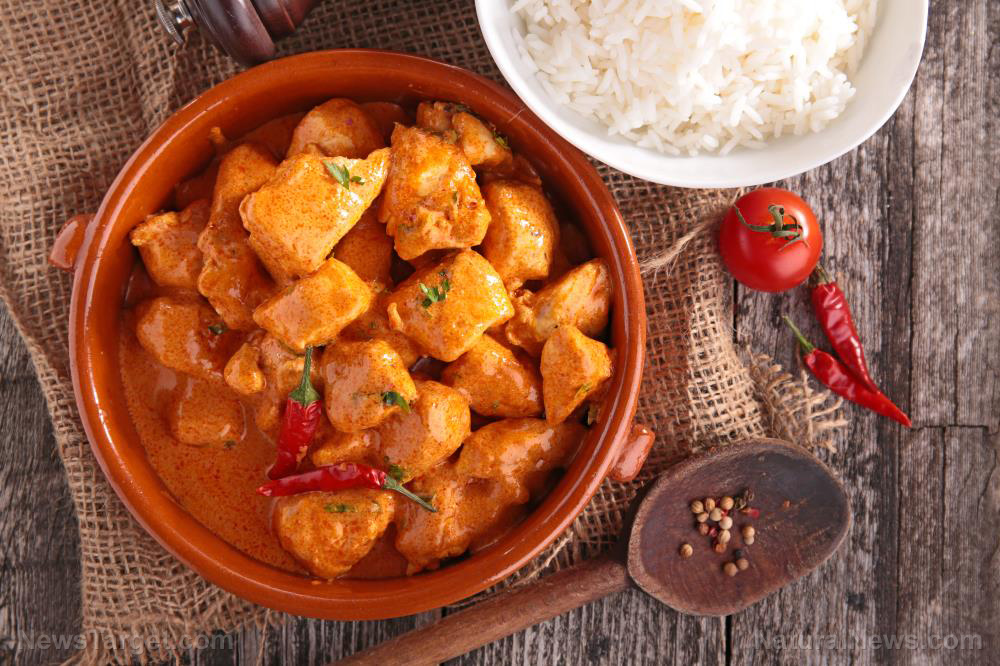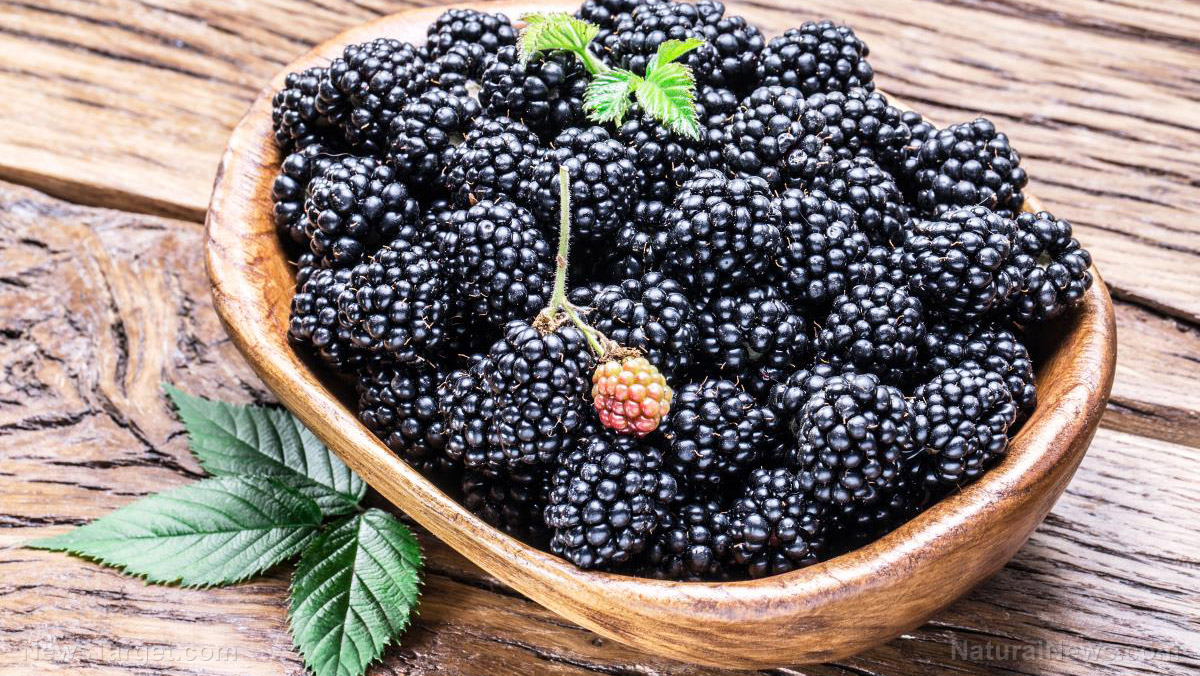Reasons to eat chia seeds, the fiber-rich superfood
08/02/2019 / By Zoey Sky
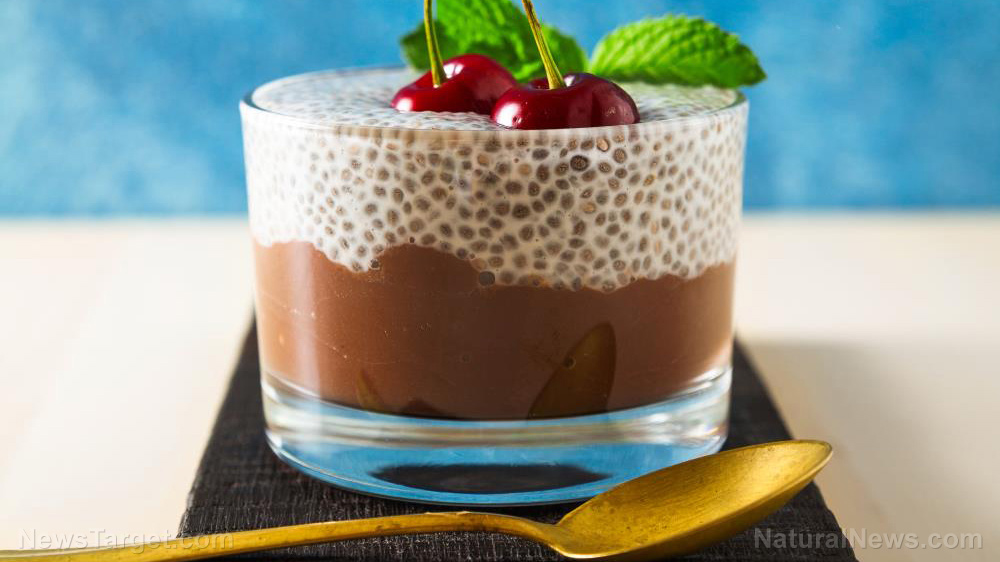
Chia seeds are popular among health buffs for a reason. This superfood is tiny but packed with many vitamins and minerals. Eating chia seeds can also boost your heart health.
The nutrient profile of chia seeds
Chia seeds refer to the tiny black seeds of the plant Salvia hispanica, which is related to mint. In ancient times, Aztecs and Mayans prized chia seeds for the same reason modern health buffs consume the seeds today: They provide sustainable energy.
Chia seeds are tiny but chock-full of many health benefits. A one-ounce serving (28 grams or two full tablespoons) of chia seeds has:
- Fat (9 grams [g], with 5 g made up of omega-3 fatty acids)
- Fiber (11 g)
- Protein (4 g)
- Magnesium (30 percent of the Recommended Daily Intake [RDI])
- Manganese (30 percent of the RDI)
- Phosphorus (27 percent of the RDI)
- Calcium (18 percent of the RDI)
Additionally, chia seeds are rich in vitamins B1 (thiamine), B2, and B3 (niacin). The seeds also contain potassium and zinc.
One serving of chia seeds only has 137 calories and a gram of digestible carbohydrate. When you subtract the fiber, most of which don’t turn into usable calories for the body, chia seeds only have 101 calories per ounce. Because of this, chia seeds are considered one of the best sources of many important nutrients, calorie for calorie.
Chia seeds are whole grain foods that are usually grown organically. Add chia seeds to your diet if you’re looking for gluten-free and non-GMO ingredients for your smoothies.
Antioxidants and disease prevention
Chia seeds are full of antioxidants that protect the sensitive fats in the seeds from going rancid. According to researchers, an antioxidant-rich diet may offer several health benefits.
Antioxidants prevent the production of free radicals that can damage cell molecules. Free radicals are linked to aging and serious conditions like cancer.
Chia seeds are a fiber-rich, heart-friendly superfood
Chia seeds are full of fiber, omega-3 fatty acids, and protein, all of which help lower your risk of developing heart disease.
Several studies suggest that chia seeds can significantly reduce blood pressure in individuals with high blood pressure (hypertension). While it is believed that chia seeds are good for your heart health, consumption of chia seeds needs to be combined with other positive dietary and lifestyle changes to fully enjoy their health benefits.
Cooking with chia seeds
You can use chia seeds to add filling, vegetarian-friendly protein to healthy snacks like avocado toast, oatmeal, or smoothies.
Alternatively, the seeds can be used to make chia seed pudding. Combine chia seeds with almond milk or your choice of dairy-free milk. Set the mixture aside until the seeds develop a gel-like consistency similar to pudding. Top your chia seed pudding with natural sweeteners like cinnamon, honey, or nutmeg.
Eat chia seed pudding when you’re in the mood for a filling, low-carb breakfast. (Related: Why chia seeds, an ancient superfood, are worth having in your pantry.)
Chia chai pudding recipe
Here’s another easy recipe to try at home. Serve chia chai pudding as a nutritious breakfast or snack with spicy chai flavors and fatty acids.
Ingredients:
- 1 1/2 cups almond milk
- Half a cup of chia seeds
- Half a cup of yogurt
- 3 chai tea bags
Steps:
- Boil a cup of almond milk in a pan. Set the rest of the milk aside.
- After the milk starts to bubble, remove the pan from heat then add the chai tea bags to infuse the milk with flavor.
- Set the mixture aside and let the tea bags steep for about five minutes.
- Put the cooled tea mixture in a bowl, then whisk in the chia seeds, yogurt, and the rest of the almond milk.
- Cover the pudding and refrigerate it for about four hours or overnight. The pudding will be ready to serve the next morning.
Incorporate nutritious chia seeds into your diet to boost your heart health.
Sources include:
Tagged Under: alternative medicine, antioxidants, calcium, chia seeds, clean food, dietary fiber, food cures, food is medicine, functional food, grocery cures, health benefits, health benefits of chia seeds, healthy seeds, heart health, high-fiber foods, hypertension, natural cures, natural medicine, nutrition, omega-3 fatty acids, prevention, protein, Salvia hispanica, weight management, whole grains
RECENT NEWS & ARTICLES
Antioxidants.News is a fact-based public education website published by Antioxidants News Features, LLC.
All content copyright © 2018 by Antioxidants News Features, LLC.
Contact Us with Tips or Corrections
All trademarks, registered trademarks and servicemarks mentioned on this site are the property of their respective owners.


